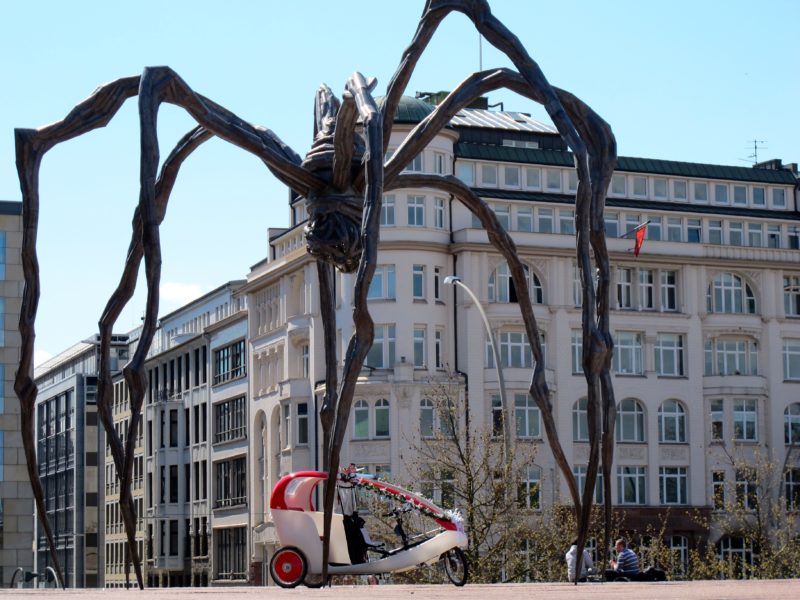After reading that the Red Cross has been denied access to the migrant detention camps and that a Betsy deVos-linked evangelical agency is rumored to place the separated newborns and toddlers for adoption, I decided to give myself permission not to read and write much about politics this week. My – and your – sanity probably once again depends on it.
I have moral support for my chosen state of not-knowing, if only for a few precious days, from an unexpected source: a scientific argument in favor of willful ignorance. The argument, developed by two researchers from the Max Planck Institute for Human Development in the context of data collection and dissemination through Artificial Intelligence, in a nutshell is this:
People often decide to remain ignorant because they know that knowledge can be dangerous. It can corrupt judgment – just think of personal medical data, your sexual preferences, your religion – known to hiring agencies or insurance companies or your favorite internet troll. Do you want them to be known? It can instill fear – do you want to know your likely day of death or chance of developing Alzheimers, which many AI programs are statistically predicting in ever more accurate fashion?
Motives for willful ignorance then center around two themes: impartiality and fairness, for one, and emotional regulation and regret avoidance, for another. Detailed description of the argument can be found in the link attached below.
Speaking to the issue of impartiality: many women artists have taken to apply for exhibitions with initials for first name, or aliases in general, so their gender remains unknown – a precaution in an art world that is still very much a male domaine and known to exclude the second sex. (I use that phrase to remind us of de Beauvoir’s pathbreaking analysis of facts and myths about women, written in 1949 and just as applicable today.)
But this week their names will be available to us, at least those I chose for presentation.
The first shall be Louise Bourgeois, and her 1999 spider sculpture titled Maman. I think I wrote about Bourgeois here two years ago, but I always find myself going back to this marble and steel miracle, grandiose in scale and hauntingly contradictory in effect. Most people shy away from arachnids, find them disgusting if not threatening. The artist’s associations, though, are couched in love, admiration and pragmatism. They stress the purpose of protection and yet the sculpture emanates a power closely linked to fear. The ambiguity is breathtaking.
“The Spider is an ode to my mother. She was my best friend. Like a spider, my mother was a weaver. My family was in the business of tapestry restoration, and my mother was in charge of the workshop. Like spiders, my mother was very clever. Spiders are friendly presences that eat mosquitoes. We know that mosquitoes spread diseases and are therefore unwanted. So, spiders are helpful and protective, just like my mother.”
“…..my best friend was my mother and she was deliberate, clever, patient, soothing, reasonable, dainty, subtle, indispensable, neat, and as useful as a spider. She could also defend herself, and me…” Louise Bourgeois.
My photographs are from 2012 at the Hamburger Kunsthalle celebrating the artist’s 100th birthday.
Below are alternative sites from the web – Maman sure likes to travel…..

















Carl Wolfson
Saber es poder.
F.X.
We’ve also crossed paths with Mamam on our travels several times
Sara Lee
Interesting reflections on – and photos – of spiders. And yes, to the bliss of ignorance at times. What parent doesn’t know of that???